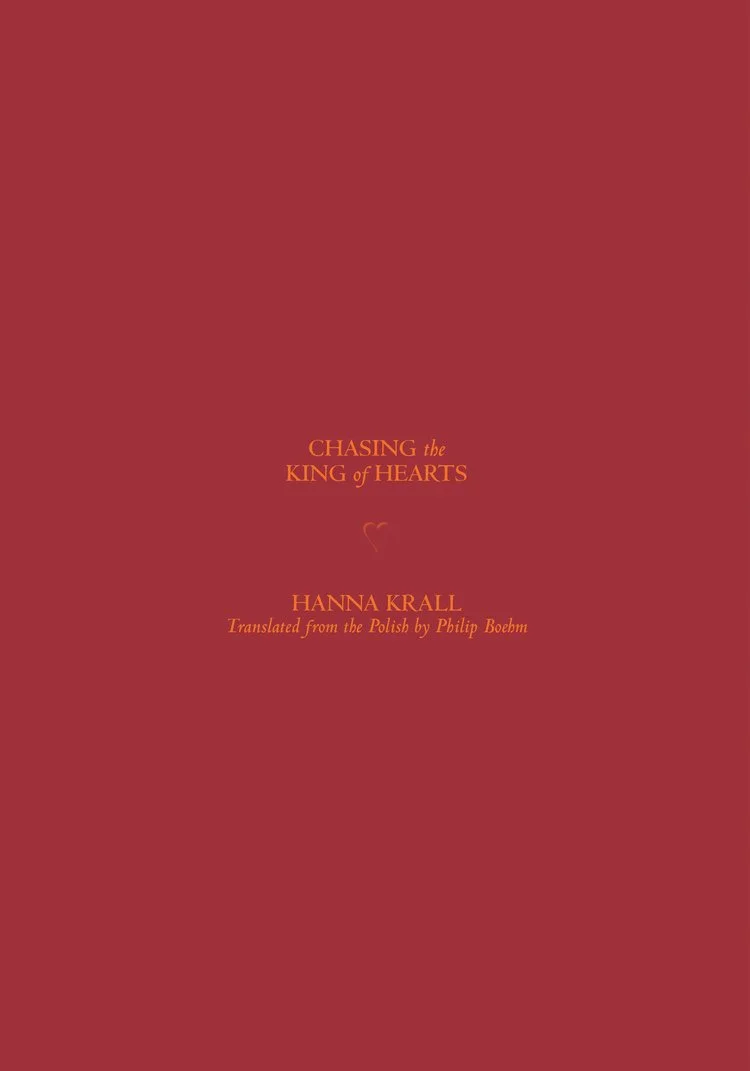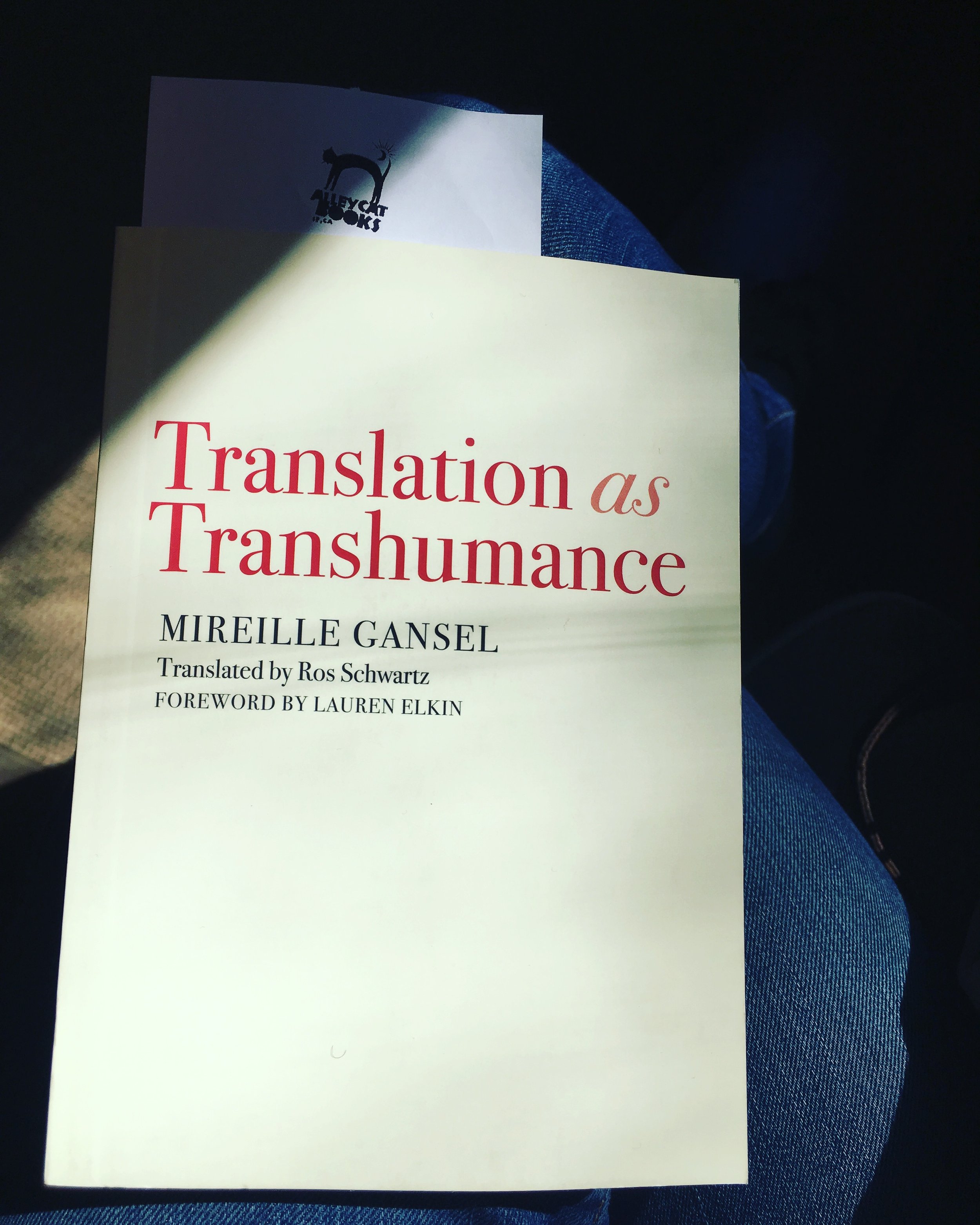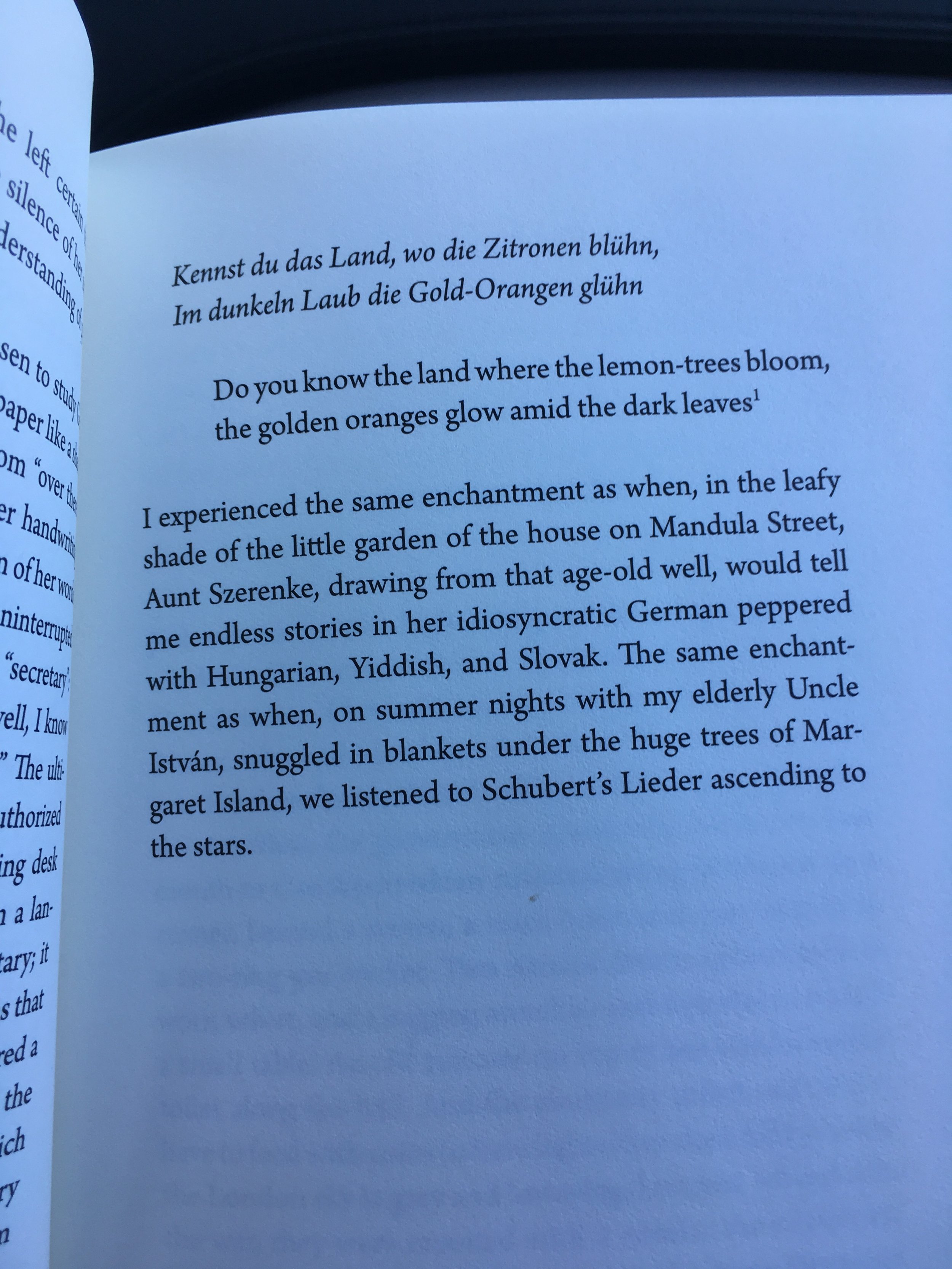Comprised of vivid vignettes, Chasing the King of Hearts (Feminist Press, 2017), a novel based on a true story, speeds across time and borders. Izolda is a Jewish woman in Poland who hides her identity during the Holocaust and strives to free her husband from Auschwitz. She often contemplates levels of blondness—”straw” blond hair in Jews with naturally blond hair, the ash blond she chooses to dye her brown hair, the peroxide blond of other Jews attempting to hide their identity, which she looks down on. A Gentile woman giving her temporary shelter tells her not to put her handbag on the table, which she says makes her look like a Jew—and consequently Izolda questions each gesture, expression, and minute detail—is this Jewish? Is that? She decides being Jewish is “worse” than being Polish and resolves to hide her identity after the war is over. This element of the novel is what really stuck with me, giving me visceral insight into a phenomenon I have often thought about—the post-war assimilation of Jews into Christianity or at least some vague secular non-Jewish identity. (In my own family, my grandfather changed his name from Schwartz to Szilagyi for this reason, though the name change came after the war; I wrote about that here.)
The novel bills itself as a story of survival, and Izolda’s luck and timing is often remarkable. This theme, with glances into the future when she is an elderly grandmother (and in fact no longer hiding her identity) is one of the elements that kept me hopeful as I read material guaranteed to depress. I also appreciated the afterword from Mariusz Szczygiel about the genesis of the novel and the real life Izolda, plus the afterword from Boehm on the laconic, intuitive fairy tale nature of the novel, no doubt the main reason I was so aesthetically taken with the book. The vignettes are occasionally confusing in terms of minor character, where Izolda is going, what she is trading for what (tobacco? sheets? stockings?), but I think it’s supposed to be confusing and if you go with the flow as in a fairy tale, it’s not a major stumbling block. In all, it’s an urgent book that I recommend!



